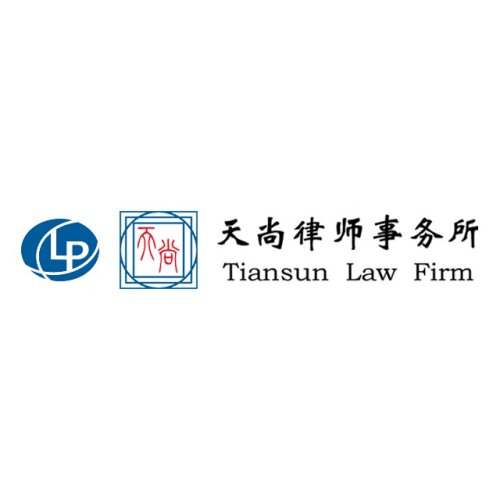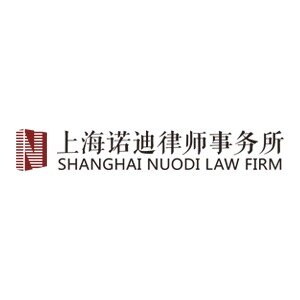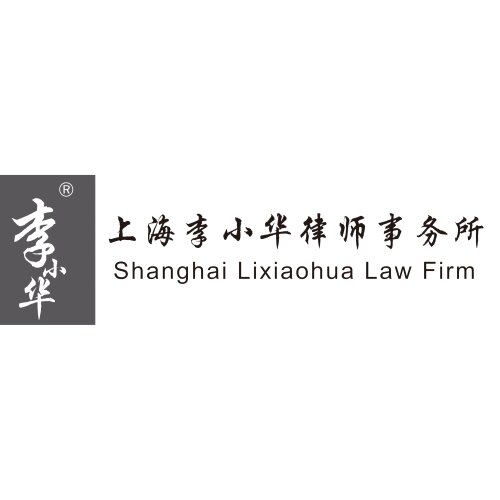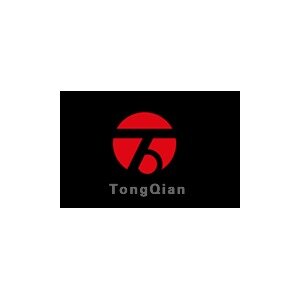Best Commercial Real Estate Lawyers in Shanghai
Share your needs with us, get contacted by law firms.
Free. Takes 2 min.
Free Guide to Hiring a Real Estate Lawyer
List of the best lawyers in Shanghai, China
About Commercial Real Estate Law in Shanghai, China
Commercial Real Estate in Shanghai, China refers to the legal framework and regulations governing the buying, selling, leasing, and development of commercial properties in the city. It covers various sectors such as office buildings, retail spaces, industrial properties, and more. It is important to understand the legal aspects of commercial real estate to ensure compliance with local laws and protect your rights and investments.
Why You May Need a Lawyer
Engaging a lawyer who specializes in Commercial Real Estate in Shanghai can be crucial in several situations. Some common scenarios where legal assistance may be necessary include:
- Buying or selling commercial property: A lawyer can guide you through the complex process, review contracts, and negotiate terms to ensure a fair deal.
- Leasing or renting commercial property: Legal advice can help you understand lease terms, negotiate favorable conditions, and protect your interests as a tenant or landlord.
- Real estate disputes: If you encounter disputes related to property boundaries, zoning, construction defects, or breach of contract, a lawyer can provide guidance and represent you in legal proceedings.
- Property development: Legal assistance is essential when it comes to navigating permits, licenses, construction contracts, and compliance with local regulations.
- Due diligence: When considering investment in commercial real estate, a lawyer can conduct proper due diligence to identify any risks, legal issues, or liabilities associated with the property.
Local Laws Overview
When dealing with Commercial Real Estate in Shanghai, it is important to understand the key aspects of local laws. Here are some relevant points to keep in mind:
- Foreign investment regulations: Shanghai has specific regulations governing foreign investment in real estate, which may include restrictions on property types, locations, and ownership.
- Property rights and ownership: Understanding the rights and limitations of property ownership is essential. China follows a land-use rights system, granting long-term leases rather than full ownership of land.
- Contract law: Commercial real estate transactions rely on legally binding contracts. Shanghai's contract law governs issues such as contract formation, terms, breach, and remedies.
- Zoning and land use regulations: Shanghai has zoning regulations that determine how properties can be used. Compliance with these rules is crucial for new developments or changes in property use.
- Taxation: Commercial real estate transactions are subject to taxes and fees, including value-added tax, land appreciation tax, and stamp duty. Understanding the tax obligations is important to avoid legal issues.
Frequently Asked Questions
1. Can foreign individuals or companies own commercial property in Shanghai?
Foreign individuals and companies can generally lease commercial property in Shanghai for a specified period. However, full ownership of land is not possible for foreigners, as land-use rights are usually granted through long-term leases.
2. How can I verify the legal status and ownership of a commercial property in Shanghai?
To verify the legal status and ownership of a commercial property in Shanghai, it is important to conduct a thorough due diligence process. This typically involves reviewing property documents, land-use certificates, and conducting site visits. Engaging a lawyer or professional real estate service provider can help ensure the reliability of the information.
3. What are the typical costs involved in buying or leasing commercial real estate in Shanghai?
When buying or leasing commercial real estate in Shanghai, in addition to the property cost, it is important to consider other expenses such as agent fees, taxes, legal fees, registration fees, and maintenance costs. These can vary depending on the property type, location, and transaction value.
4. What are the legal implications of leasing a commercial property in Shanghai?
Leasing a commercial property in Shanghai involves signing a lease agreement that outlines the rights and obligations of both the tenant and the landlord. It is crucial to understand the terms and conditions, such as lease duration, rent escalation clauses, maintenance responsibilities, and dispute resolution mechanisms. Legal advice can help ensure a fair and secure lease agreement.
5. What are the steps involved in developing a commercial property in Shanghai?
Developing a commercial property in Shanghai requires thorough planning and compliance with local regulations. The steps typically involve obtaining land-use rights, securing necessary permits and licenses, conducting environmental assessments, preparing construction contracts, and complying with safety regulations. Engaging a lawyer with expertise in real estate development can guide you through this complex process.
Additional Resources
- Shanghai Real Estate Trade Association (http://www.sreta.org/) - An organization that provides resources and information on real estate and property transactions in Shanghai.
- Shanghai Municipal Planning and Land Resources Administration (http://www.smpm.gov.cn/) - The official government body responsible for land use, planning, and related matters in Shanghai.
- Shanghai Bar Association (http://www.shbar.org/) - A professional association of lawyers in Shanghai that can provide referrals and legal assistance.
Next Steps
If you require legal assistance in the field of Commercial Real Estate in Shanghai, it is advised to:
- Research and shortlist lawyers or law firms with expertise in Commercial Real Estate Law in Shanghai.
- Contact the chosen legal professionals to schedule an initial consultation.
- During the consultation, discuss your specific needs and concerns, and evaluate the lawyer's expertise and experience in the field.
- Choose a lawyer whom you feel comfortable working with and who can provide the necessary assistance for your commercial real estate matters.
- Once engaged, work closely with your lawyer to navigate the legal processes and ensure your rights and interests are protected.
Lawzana helps you find the best lawyers and law firms in Shanghai through a curated and pre-screened list of qualified legal professionals. Our platform offers rankings and detailed profiles of attorneys and law firms, allowing you to compare based on practice areas, including Commercial Real Estate, experience, and client feedback.
Each profile includes a description of the firm's areas of practice, client reviews, team members and partners, year of establishment, spoken languages, office locations, contact information, social media presence, and any published articles or resources. Most firms on our platform speak English and are experienced in both local and international legal matters.
Get a quote from top-rated law firms in Shanghai, China — quickly, securely, and without unnecessary hassle.
Disclaimer:
The information provided on this page is for general informational purposes only and does not constitute legal advice. While we strive to ensure the accuracy and relevance of the content, legal information may change over time, and interpretations of the law can vary. You should always consult with a qualified legal professional for advice specific to your situation.
We disclaim all liability for actions taken or not taken based on the content of this page. If you believe any information is incorrect or outdated, please contact us, and we will review and update it where appropriate.

















